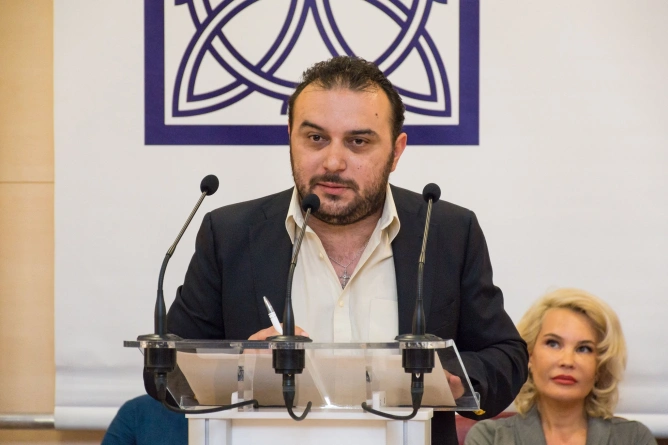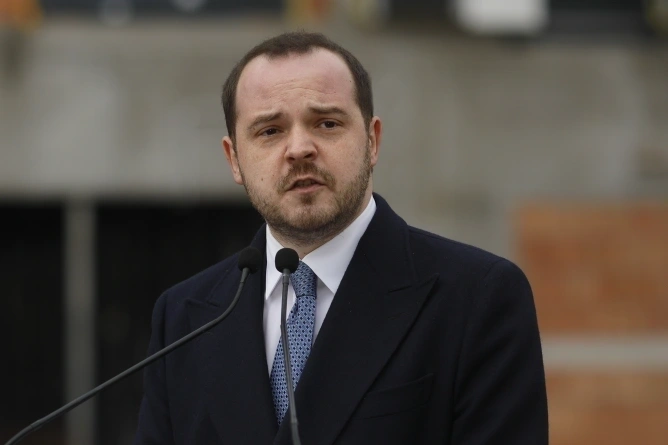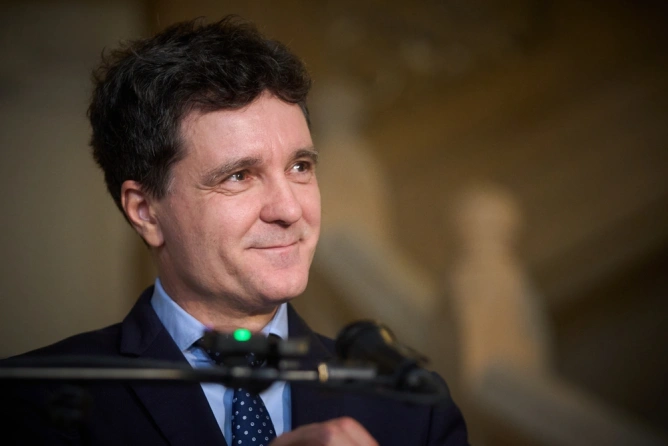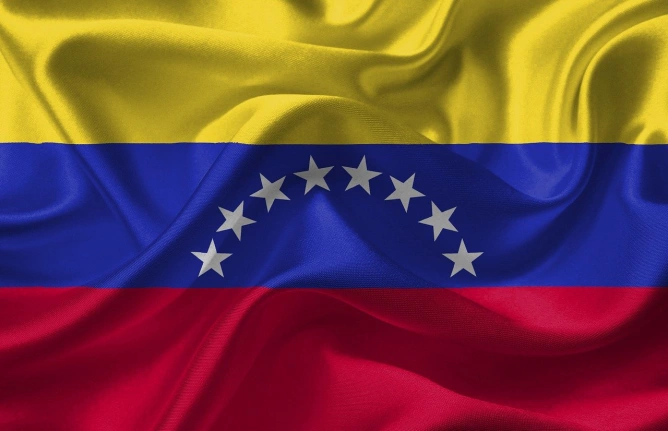
You look at how the landscape of public opinion across much of Europe has not been as we knew it for some time now, and you cannot help but wonder what lies behind the concepts with which we usually explain, more or less adequately, these phenomena: euroscepticism, distrust, radicalization, sovereignism, anti-system ideologies, cognitive warfare, etc. One of the axes of this change comes from a different spectrum than the usual: left vs. right, dirigisme vs. "invisible hand", liberalism vs. illiberalism, democracy vs. authoritarianism, institutionalism vs. populism. It is a fact that the axis of rationalism vs. conspiracism has more to do with the shift in opinion in recent years than ideological oppositions. You see that ideological oppositions have the major problem that doctrine says something, but the reasons why the public embraces an ideology are often something else. Doctrines propagate differently in different generations, in different residential environments, in different educational segments. There are small worlds within these large social groups, small worlds where specific emphases are placed on values, myths, beliefs, but also on what we think we understand from science, knowledge, and the facts around us. In a way, although this deserves a separate discussion, perhaps that is why the concept of fake news has somewhat failed (because this has somewhat happened): control over the concept was lost before control over the phenomenon was lost, because a usable definition of it was not reached, which would delineate falsehood from irrationality, from subjectivity, and, why not, from stupidity... Somewhere around the beginning of 2018, INSCOP participated with the data collection and processing part in a broader project to define the security culture of Romanians, through a psychosociological tool of the attitudinal index type. One of the dimensions of this index was the polarity of rationalism-conspiracism. We were all quite surprised when we saw how widespread conspiracism was in almost all socio-demographic segments, of course, more present in some than in others, I will not repeat these details now. That is why, when we talk about the barometer from informat.ro in October regarding the reporting to magic and esotericism (find here the full presentation 20.10.2025.-INSCOP.-Romania-intre-Magie-si-Ezoterie-1.pdf and here the launch and debate after LIVE Barometer "Romania between magic and esotericism". Study conducted by INSCOP on behalf of Informat.ro), we are talking about mapping a true cultural niche, about which we must see how it goes beyond the need to have sensational discussion topics, the interest in the supernatural, popular religiosity in itself, and whether we are perhaps talking about forging some (old) almost political ideologies. The concern for the supernatural, for magic, superstitions, common knowledge are still normal things in human societies. Just as those who reject these, let’s say, forms of knowledge and seem to have pro-science, pro-rationality attitudes, we do not know how deeply they are literate in science or how they harness reason in the face of emotionality. Moreover, we are talking about a population that, in large part, at least declaratively, presents itself as being much more religious than other Western populations. If we look at the INSCOP survey, we observe that Romanians believe in principle in luck, but also that a worrying proportion sees luck more as a fatality than as a potential ally. We see that superstitions are somehow validated by the public, but not necessarily the "classical", traditional, folkloric ones. So probably this superstitious background is looking for new forms of manifestation, new rituals, whether they are everyday ones, new para-religious or ideological expressions. This is where the problem begins. When these collective energies have the potential to be captured, channeled, and to assume a larger percentage of the usual mix of scientific knowledge, reason, belief, mysticism, superstitions, magic. Just as different categories of the public relate to these. The indicator of an imbalance in this mix – and even of a possible instrumentalization of this imbalance – is the strength of belief in conspiracy theories. Conspiracy theories have always existed, but if they evolve from gossip subject to pure negative voting grounds and erosion of trust in democracy, only then, as they say, is it no longer a clean thing...

















